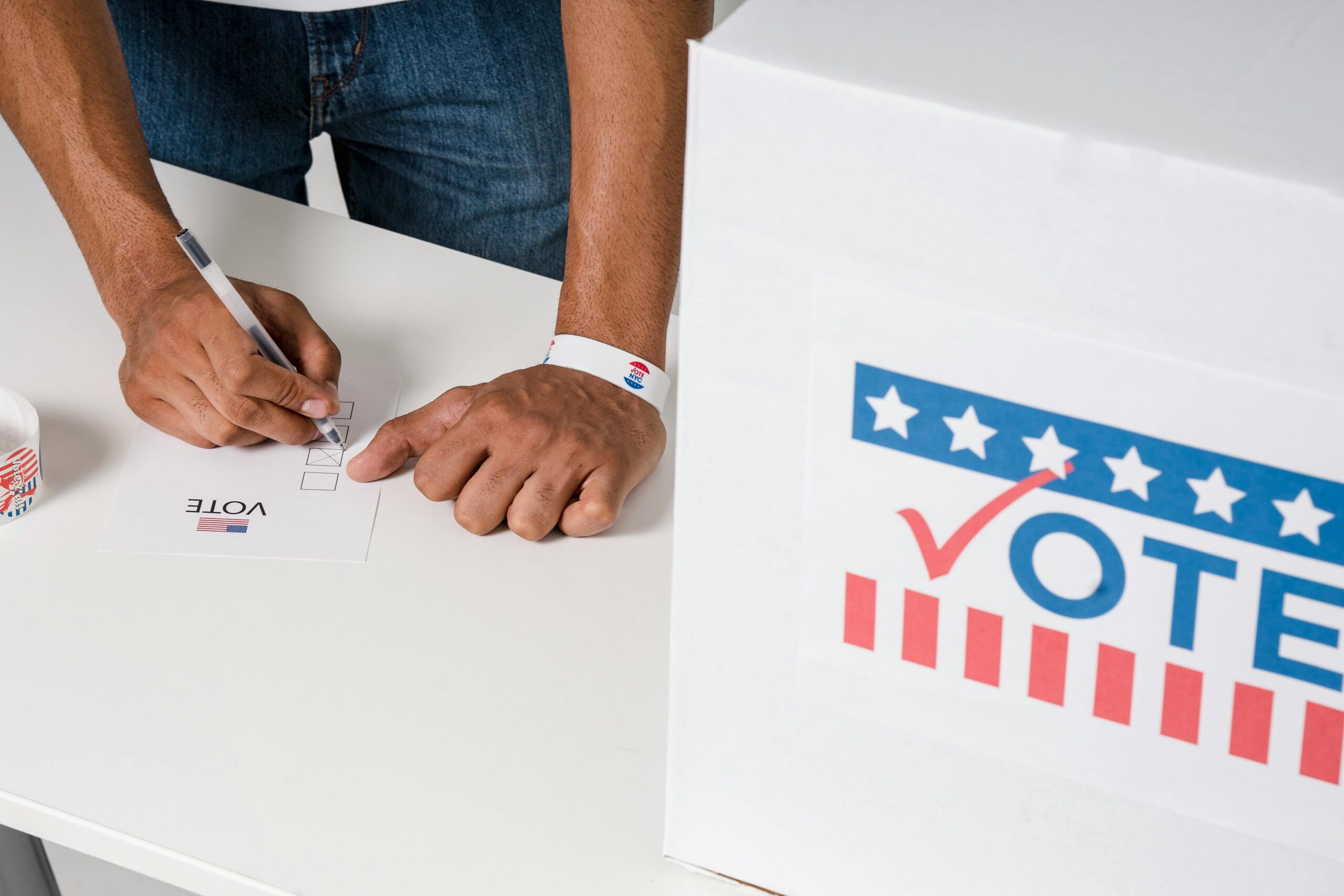Social proof isn’t just a buzzword—it’s a fundamental psychological force that quietly guides countless decisions we make every day, from choosing restaurants to selecting products online.
Every time you check online reviews before booking a hotel, glance at how many likes a post has received, or follow a crowd because “everyone else is doing it,” you’re experiencing social proof in action. This powerful psychological phenomenon has shaped human behavior for millennia, yet in our digital age, its influence has reached unprecedented levels.
Understanding social proof isn’t just academically interesting—it’s practically essential. Whether you’re a marketer trying to connect with customers, a business owner building credibility, or simply someone who wants to make better decisions, grasping how social influence works can transform your approach to everyday choices and professional strategies.
🧠 The Psychology Behind Social Proof: Why We Look to Others
Social proof operates on a deeply ingrained survival mechanism. Our ancestors who followed the crowd when danger appeared had better survival rates than those who went their own way. This evolutionary programming remains embedded in our decision-making processes today.
Psychologist Robert Cialdini popularized the term “social proof” in his groundbreaking book “Influence: The Psychology of Persuasion.” He identified it as one of six key principles of persuasion, defining it as our tendency to assume that if many people are doing something, it must be the correct behavior.
The mechanism works through several cognitive shortcuts. When faced with uncertainty, our brains seek the path of least resistance. Rather than conducting exhaustive research or analysis, we look at what others are doing and assume they’ve already done the thinking for us. This heuristic saves mental energy and time—two precious resources in our information-saturated world.
The Neuroscience of Conformity
Recent neuroscience research has revealed fascinating insights into how our brains process social information. Studies using fMRI technology show that when we align our choices with those of others, our brain’s reward centers light up, releasing dopamine and creating positive feelings.
Conversely, going against the group activates brain regions associated with fear and anxiety. This neural response explains why social proof feels so compelling—it’s not just a rational calculation but an emotional and biological response that operates largely beneath our conscious awareness.
📊 The Six Types of Social Proof That Drive Decisions
Not all social proof is created equal. Different types carry varying levels of influence depending on the context and the decision being made. Understanding these distinctions helps both in recognizing when you’re being influenced and in ethically applying social proof principles.
Expert Social Proof
When recognized authorities or specialists endorse something, their approval carries significant weight. A dentist recommending a toothpaste brand or a financial advisor suggesting an investment strategy leverages expert social proof. We transfer our trust in their expertise to confidence in their recommendations.
Celebrity Social Proof
Celebrity endorsements work differently than expert approval. Rather than relying on specialized knowledge, celebrity social proof taps into our desire for association with admired figures. When a famous athlete wears a particular shoe brand, fans often follow suit—not because of athletic expertise but because of aspirational identification.
User Social Proof
Perhaps the most democratized form in the digital age, user social proof comes from ordinary people sharing their experiences. Online reviews, testimonials, and ratings fall into this category. This type often feels most authentic because it comes from peers rather than paid endorsers.
Wisdom of the Crowd
When large numbers support something, we assume collective wisdom. “Bestseller” labels, “most popular” tags, and high follower counts all leverage this principle. The sheer volume of support becomes its own form of validation.
Wisdom of Friends
Recommendations from people we know personally carry exceptional weight. When a trusted friend suggests a restaurant or endorses a service, their social proof often outweighs even expert opinions. This explains why word-of-mouth marketing remains incredibly powerful despite the proliferation of other advertising channels.
Certification Social Proof
Awards, certifications, and official recognitions provide institutional validation. A “Certified Organic” label or an “Award-Winning” designation offers social proof backed by formal evaluation processes, combining elements of expert and crowd wisdom.
🛒 Social Proof in the Digital Marketplace
E-commerce has become a laboratory for social proof experimentation. Every element of modern online shopping experiences incorporates influence principles designed to guide purchasing decisions.
Star ratings and review counts now appear as standard features on virtually every product page. Research consistently shows that products with reviews convert at significantly higher rates than those without, even when some reviews are negative. The mere presence of social proof—evidence that others have purchased and evaluated the product—reduces perceived risk.
Real-time purchase notifications (“Someone in New York just bought this item”) create urgency through social validation. These messages serve dual purposes: they demonstrate that others are actively choosing the product, and they trigger scarcity psychology by suggesting limited availability.
User-generated content, particularly photos and videos from actual customers, provides authentic social proof that polished marketing materials cannot match. Seeing real people using products in genuine contexts makes the purchase feel more tangible and achievable.
The Review Economy
Online reviews have become so influential that entire business models depend on them. Platforms like Yelp, TripAdvisor, and Google Reviews wield enormous power over business success. A single star rating difference can dramatically impact revenue.
This influence has created both opportunities and ethical challenges. While genuine reviews provide valuable social proof, the incentive to manipulate ratings has spawned fake review industries. Consumers have become more sophisticated, learning to spot suspicious patterns, but the arms race between authentic and manufactured social proof continues.
📱 Social Media: The Social Proof Amplifier
Social media platforms are essentially social proof engines. Likes, shares, comments, and follower counts provide constant feedback loops of validation and influence. These metrics have become currencies of credibility in the digital age.
The psychology driving social media engagement is deeply rooted in social proof principles. We’re more likely to engage with content that already shows high engagement—a phenomenon known as “social proof cascades.” A post with substantial likes attracts more likes simply because the existing engagement signals value.
Influencer marketing exploits this dynamic systematically. Influencers essentially rent out their accumulated social proof to brands. Their large followings and high engagement rates transfer credibility to endorsed products, creating powerful purchasing triggers for their audiences.
The psychological impact extends beyond commercial transactions. Social media metrics influence how we perceive information credibility. Posts with more shares feel more truthworthy, regardless of actual accuracy—a phenomenon with concerning implications for misinformation spread.
⚠️ The Dark Side: When Social Proof Leads Us Astray
While social proof often serves us well, it can also lead to poor decisions and harmful outcomes. Understanding these pitfalls is crucial for developing resistance to manipulation and making genuinely informed choices.
The Bandwagon Effect and Market Bubbles
Financial markets dramatically illustrate social proof’s potential dangers. Investment bubbles occur when social proof overrides fundamental analysis. Seeing others profit creates FOMO (fear of missing out), driving more investment regardless of underlying value. The inevitable crash leaves latecomers with devastating losses.
Cryptocurrency markets have provided recent examples. As prices soared, media coverage intensified, creating powerful social proof that attracted waves of new investors. Many entered near peak prices, driven by the social validation of mass participation rather than informed assessment of actual value.
Pluralistic Ignorance and Bystander Effect
Social proof can paradoxically prevent action when everyone looks to others for cues. The bystander effect demonstrates this starkly: people are less likely to help in emergencies when others are present because everyone assumes someone else will act.
This dynamic extends beyond emergency situations. In meetings, innovative ideas may go unvoiced because no one wants to break from apparent group consensus. The silence of others becomes social proof that speaking up isn’t appropriate, even when everyone privately disagrees—a phenomenon called pluralistic ignorance.
Manufactured Consensus and Fake Social Proof
The power of social proof has made it a target for manipulation. Fake reviews, purchased followers, bot-generated engagement, and astroturfing campaigns create illusions of consensus to influence behavior.
These deceptive practices undermine the legitimate informational value of social proof. They exploit our reliance on social cues while providing false signals, potentially leading to poor decisions with real consequences.
🎯 Harnessing Social Proof Ethically in Business
Understanding social proof’s power creates opportunities for ethical persuasion in business contexts. The key distinction lies between leveraging genuine social validation and manufacturing false consensus.
Displaying authentic testimonials and case studies provides valuable social proof that helps potential customers reduce uncertainty. When implemented honestly, this benefits everyone—customers make more informed decisions, and businesses that deliver value earn appropriate recognition.
Transparency amplifies trust. Showing both positive and negative reviews (while maintaining overall positive balance) actually increases credibility. Audiences recognize that perfection is unrealistic; a mix of feedback signals authenticity rather than manipulation.
Building Social Proof from Scratch
New businesses face a chicken-and-egg challenge: social proof attracts customers, but you need customers to create social proof. Several strategies can break this cycle ethically:
- Start with small, accessible asks that lower the barrier to initial participation
- Leverage personal networks for authentic early testimonials and reviews
- Showcase expertise through content creation, building authority-based social proof
- Partner with established entities to borrow credibility through association
- Focus on exceptional experiences that naturally generate word-of-mouth recommendations
🧭 Navigating Social Proof: Making Better Decisions
Awareness of social proof’s influence is the first step toward making more autonomous decisions. Complete independence from social influence is neither possible nor desirable—social proof often provides genuinely valuable information. The goal is thoughtful engagement rather than blind conformity.
Questions to Ask When Faced with Social Proof
Developing a critical framework helps separate valuable social information from manipulative influence. Consider these questions when encountering social proof:
- Is this social proof authentic or potentially manufactured?
- Do the people providing this social proof share my goals and values?
- What might be motivating this display of social proof?
- Am I feeling urgency or pressure that might compromise my judgment?
- What would I decide if this social proof didn’t exist?
These questions don’t eliminate social proof’s value but ensure you’re processing it consciously rather than reacting automatically.
Balancing Social Information with Independent Analysis
The most effective decision-making incorporates both social proof and independent evaluation. Reviews can highlight issues you hadn’t considered, but your specific needs and circumstances should ultimately guide choices.
Create a mental framework that weighs social proof appropriately for different decision types. High-stakes choices with significant personal consequences deserve more independent analysis, while low-risk decisions can reasonably rely more heavily on crowd wisdom.
🌟 The Future of Social Proof in an AI-Driven World
Artificial intelligence is transforming how social proof operates. Recommendation algorithms aggregate social signals at unprecedented scale, predicting what you’ll like based on patterns from millions of users. This creates hyper-personalized social proof that feels remarkably accurate.
However, algorithmic curation also creates filter bubbles where we primarily encounter social proof from people who already think like us. This amplification of existing preferences can limit exposure to diverse perspectives and reinforce biases.
Deepfakes and AI-generated content present emerging challenges for social proof authenticity. As technology makes manufactured consensus increasingly sophisticated, verification and critical thinking become even more essential skills.
Blockchain technology offers potential solutions through verifiable, tamper-proof records of transactions and reviews. These systems could restore trust in social proof by making manipulation more difficult and transparent.

💡 Transforming Your Relationship with Social Influence
Social proof will continue shaping decisions whether we acknowledge it or not. The question isn’t whether to be influenced by others but how to engage with social influence consciously and strategically.
For consumers, this means developing sophisticated filters that extract genuine value from social proof while resisting manipulation. Look for patterns across multiple sources rather than single data points. Value detailed, specific feedback over vague praise. Consider the incentives of those providing social proof.
For businesses and marketers, ethical application of social proof principles builds sustainable success. Focus on creating genuine value that naturally generates positive social proof rather than manufacturing false consensus. Transparency about both strengths and limitations builds deeper trust than exaggerated perfection.
Ultimately, understanding social proof empowers agency. You can leverage its benefits—efficiently gathering information from collective experience—while maintaining critical thinking that protects against manipulation. This balanced approach transforms social proof from an invisible puppet master into a useful tool you consciously choose to employ.
The next time you find yourself about to make a decision, pause and notice the social proof influencing your thinking. Are you following the crowd because their experience genuinely informs your choice, or simply because following feels easier than thinking independently? That moment of awareness creates space for authentic decision-making that honors both social wisdom and personal autonomy.
Social proof isn’t going anywhere—it’s wired into our psychology and amplified by technology. But with awareness and intentionality, we can harness its power while maintaining the independence that defines our individual paths. The goal isn’t to eliminate social influence but to engage with it consciously, extracting its value while preserving our capacity for independent thought and authentic choice. 🎯
Toni Santos is a behavioural economics researcher and decision-science writer exploring how cognitive bias, emotion and data converge to shape our choices and markets. Through his studies on consumer psychology, data-driven marketing and financial behaviour analytics, Toni examines the hidden architecture of how we decide, trust, and act. Passionate about human behaviour, quantitative insight and strategic thinking, Toni focuses on how behavioural patterns emerge in individuals, organisations and economies. His work highlights the interface between psychology, data-science and market design — guiding readers toward more conscious, informed decisions in a complex world. Blending behavioural economics, psychology and analytical strategy, Toni writes about the dynamics of choice and consequence — helping readers understand the systems beneath their decisions and the behaviour behind the numbers. His work is a tribute to: The predictable power of cognitive bias in human decision-making The evolving relationship between data, design and market behaviour The vision of decision science as a tool for insight, agency and transformation Whether you are a marketer, strategist or curious thinker, Toni Santos invites you to explore the behavioural dimension of choice — one insight, one bias, one choice at a time.




